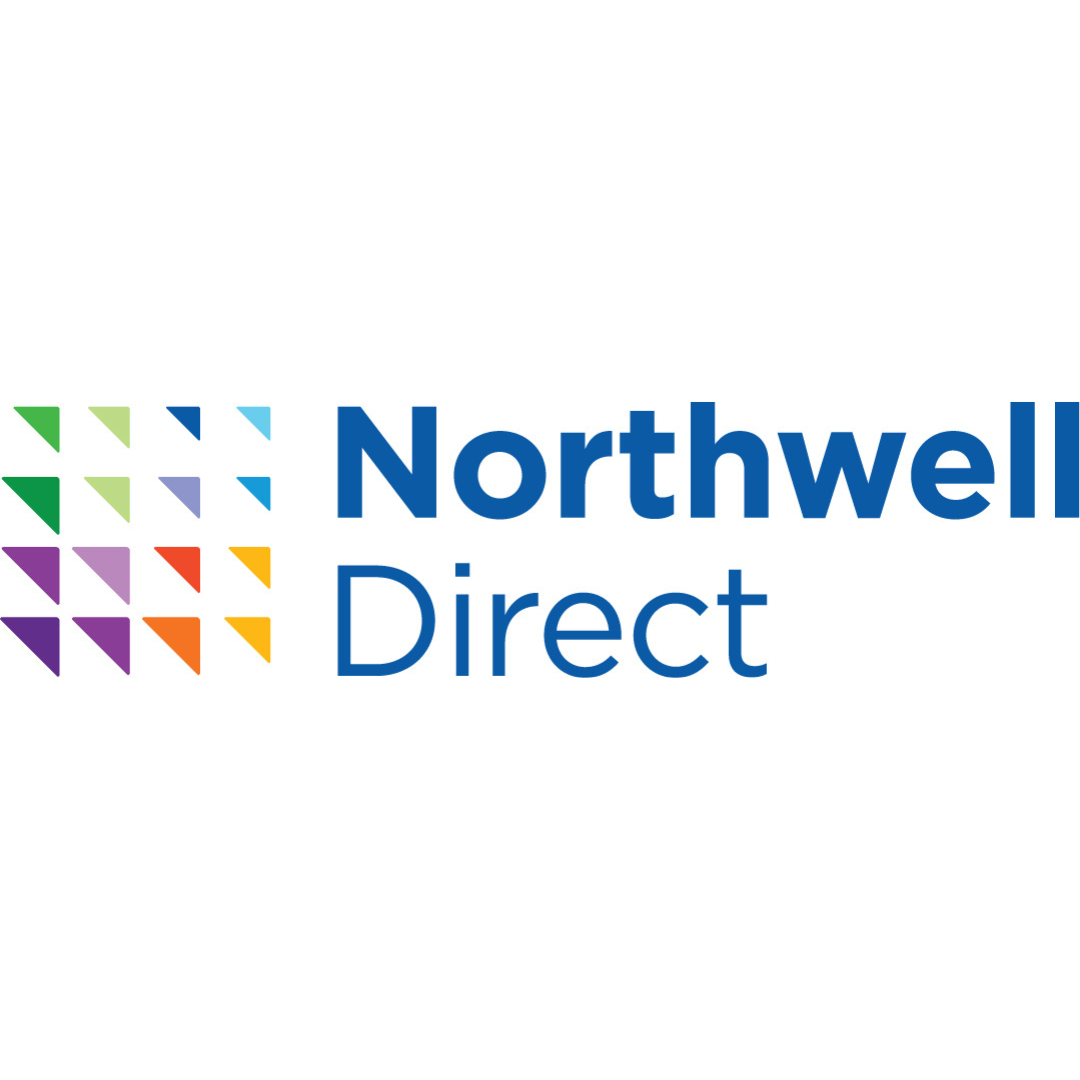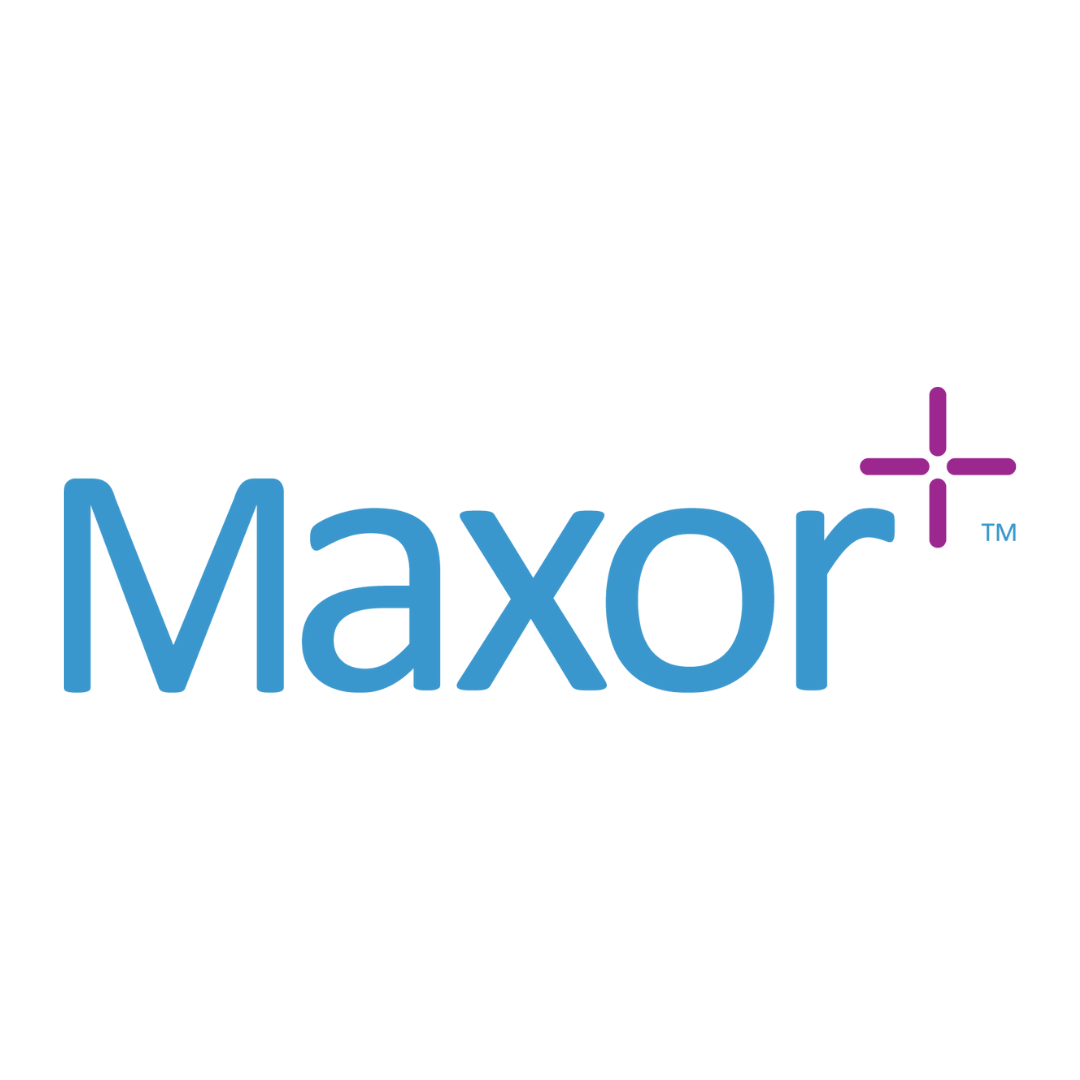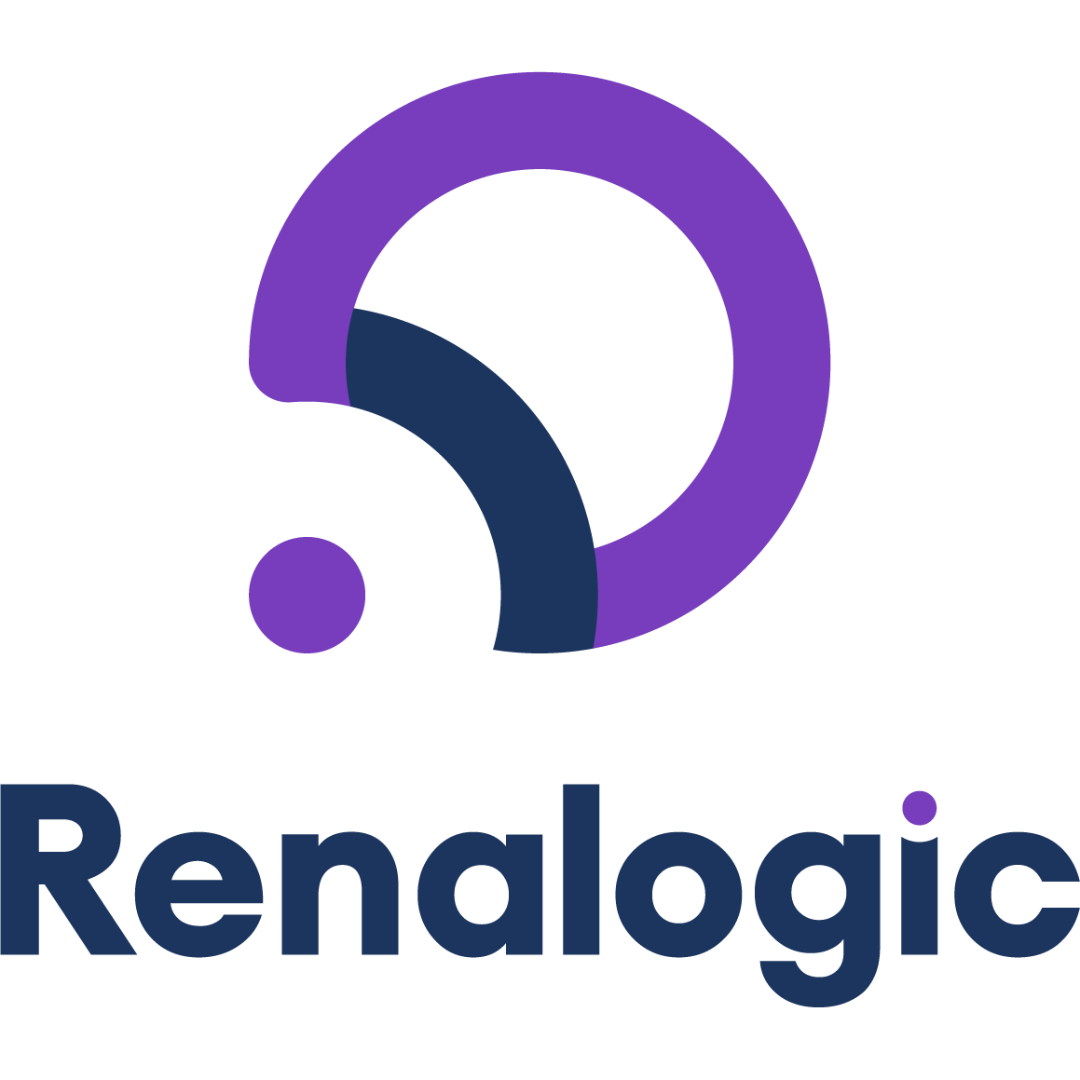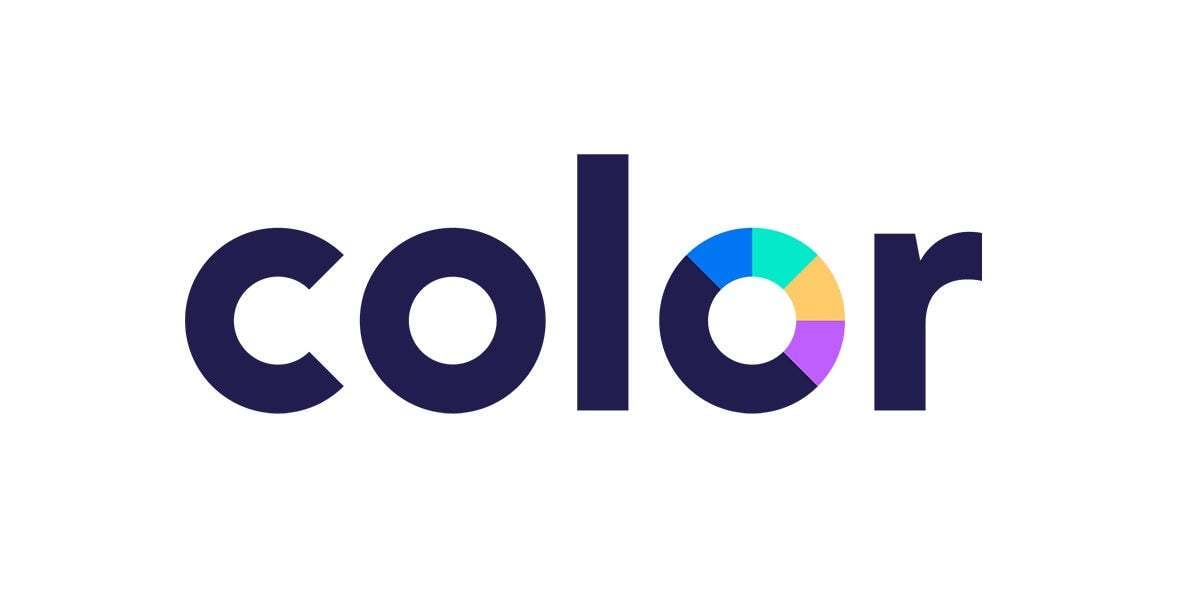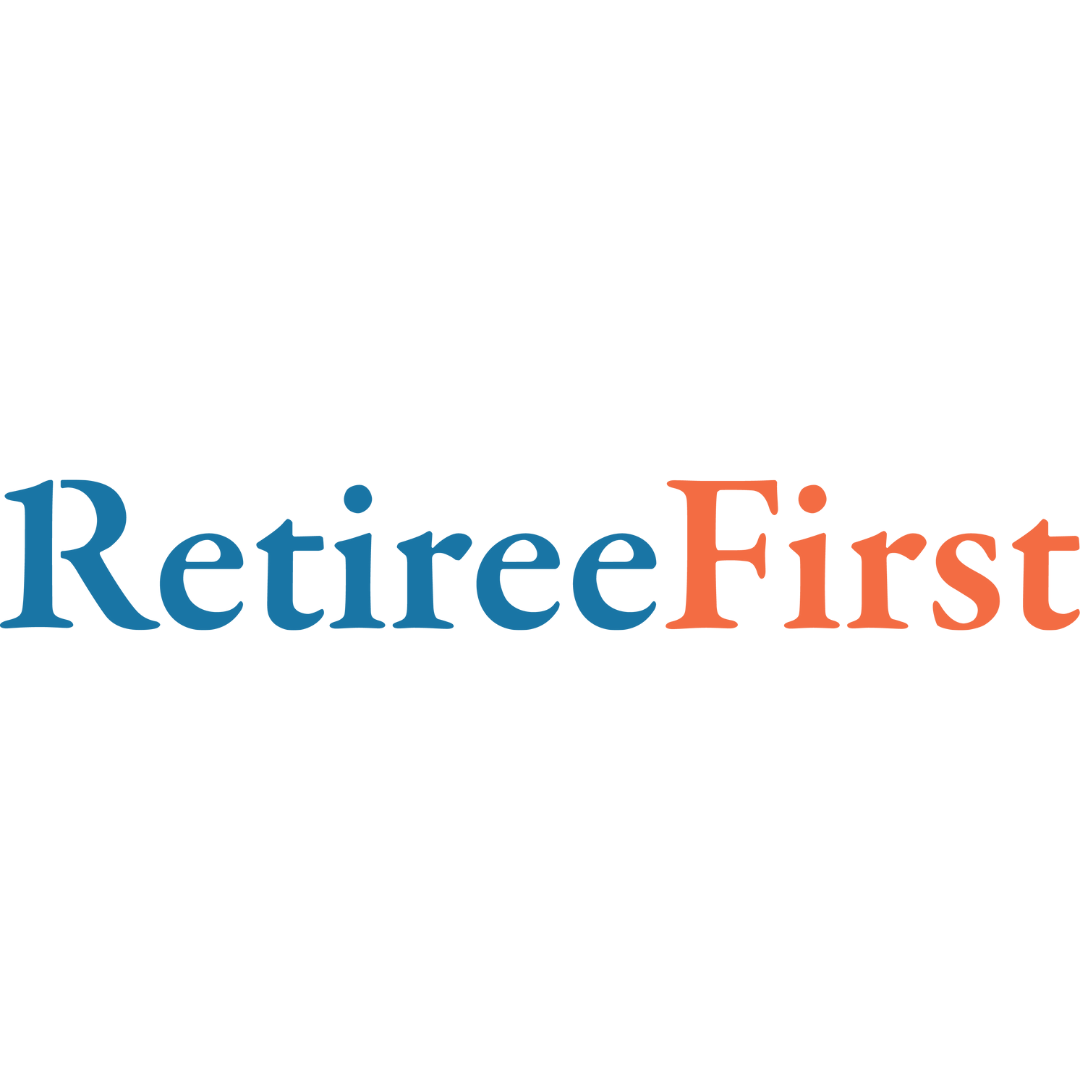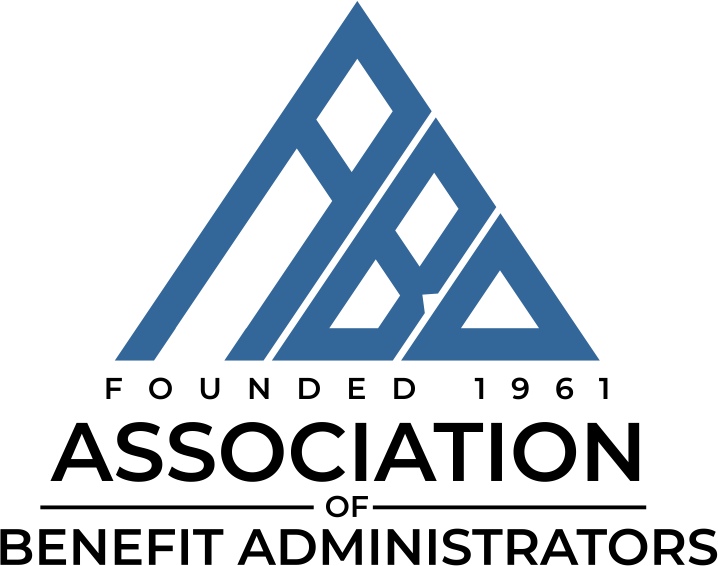
Heart Health Awareness
The State of Women's Heart Health: A Crisis We Need to Confront
Key Takeaways:
At the inaugural Women’s Heart Health Summit, Dr. Erin Michos of Johns Hopkins presented a keynote on the State of Women’s Heart Health, highlighting a few key points:
- Heart disease mortality in women under 65 is increasing.
- Heart disease is set to overtake cancer as the leading cause of death in young women.
- In 2009, 65% of women identified heart disease as their leading health threat. But by 2019, it had decreased to 44%.
- We're losing awareness that heart disease is the leading cause of death in women.
Cardiovascular disease, including heart attacks and strokes, remains the leading cause of death in women, a topic highlighted at the inaugural Women’s Heart Health Summit hosted by Hello Heart and the American Heart Association’s Go Red for Women initiative.
Erin Michos, MD, Professor of Medicine (Cardiology) and the Director of Women's Cardiovascular Health at Johns Hopkins University presented the keynote session, “The State of Heart Health.” In this session, Dr. Michos explores:
- Trends surrounding gender disparities in heart health
- The recent decrease in heart health risk awareness among women
- The urgent need for heightened awareness and preventive measures to support women’s hearts
Read the recap blog below and catch the full recording of the session here:

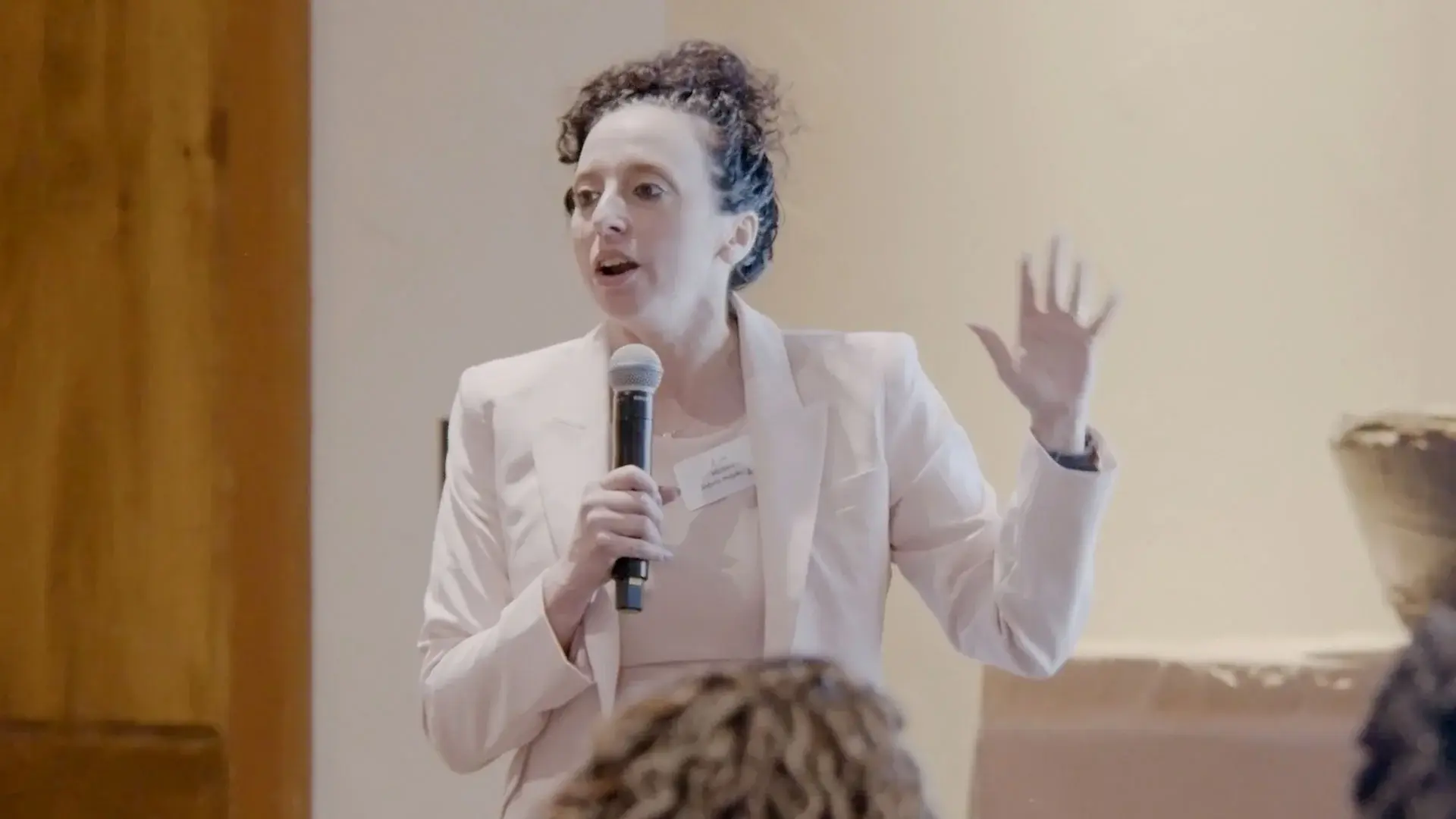
41:18
Historical Trends and Gender Disparities
In the 1980s and 1990s, cardiovascular mortality rates were declining for men, largely due to the introduction of statins and an increased focus on prevention. However, menopausal women did not experience the same benefits during this period. Instead, they were often prescribed hormone therapy, and their cardiovascular health was largely overlooked, resulting in rising mortality rates.
This trend continued until the early 2000s when the first heart disease prevention guidelines for women were introduced. Campaigns like the American Heart Association's Go Red for Women began to raise awareness, leading to a significant decline in cardiovascular mortality for women.
Reversal of Progress
Despite the initial progress, recent years have seen a troubling reversal. Both women and men are experiencing an uptick in cardiovascular mortality, driven by the epidemics of obesity and diabetes. The situation is particularly concerning for middle-aged women, who are now showing the fastest-growing rates of cardiovascular disease.
The Invisible Threat to Younger Women
Dr. Michos presented data from her research showing an alarming increase in heart disease mortality among women under the age of 65. While cancer remains the leading cause of death for this age group, the gap between cancer and heart disease mortality rates is narrowing — and fast. According to Michos’ analysis of U.S. death certificates between 1999 and 2018, cancer mortality rates for young women have continually decreased, while the heart disease mortality rates have been increasing at a rate of 0.5% per year since 2010.
One study highlighted the rise in ST-elevation myocardial infarction (STEMI), a severe type of heart attack, among women under 45. This data underscores the misconception that young women are not at risk for heart attacks, despite the increasing prevalence of such incidents.

Declining Awareness
Another troubling trend is the declining awareness among women about the risks of heart disease. A survey by the American Heart Association found that the percentage of women identifying heart disease as their leading health threat decreased from 65% in 2009 to 44% in 2019. This lack of awareness is more pronounced among communities of color and younger women – people who could benefit the most from early prevention.
Statins and Other Cholesterol-lowering Therapies
A common misconception is that statins do not work as effectively in women as in men. Dr. Michos addressed this head-on: "Sometimes there's some nonsense around statins not working in women, and that's simply not true. We have hundreds of thousands of patients and decades of experience; the data is in. Women benefit just as much as men do from statins, and it's important that we treat them appropriately."
Moreover, statins are no longer the only option available. Other therapies, such as bempedoic acid, which blocks cholesterol synthesis, and ezetimibe, which blocks cholesterol absorption, have shown efficacy. Injectable medicines that upregulate the LDL receptor also offer alternative solutions. The primary goal remains LDL lowering, with studies showing that for every one millimole per liter reduction in LDL, there is a 22% reduction in major cardiovascular events.
Addressing Treatment Disparities
Despite the proven benefits of lipid-lowering therapies, women are less likely to be treated, more likely to stop treatment, and more likely to experience symptoms on statins. This highlights the need for healthcare providers to work closely with female patients to ensure they receive and adhere to appropriate treatments. Clinical trials often under-enroll women, which can skew the findings. Ensuring women are adequately represented in clinical trials is essential for developing effective evidence-based treatments for all patients.
A Call to Action
Dr. Michos's presentation was a stark reminder of the critical need for ongoing education, awareness, and preventive measures to combat cardiovascular disease in women. The fight against this leading cause of death requires persistent efforts and a renewed focus on the unique risks and challenges faced by women. As Dr. Michos so aptly put it, “Being a preventive cardiologist offers immense opportunities to make a difference, but it demands relentless dedication and action to turn the tide once again in favor of women's heart health.”
Hello Heart is not a substitute for professional medical advice, diagnosis, and treatment. You should always consult with your doctor about your individual care.



